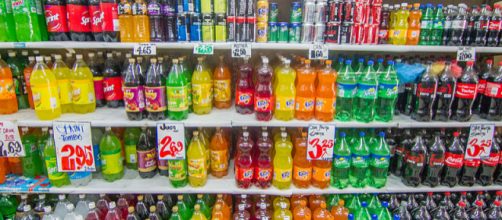Plastic Pollution is taking a heavy toll on the environment because of the indestructible nature of plastic. It is a non-biodegradable product and will remain as a dangerous litter till eternity. The magnitude of the problem can be realized from some statistics. A study has revealed that by 2015 most of the plastic that has been manufactured is now plastic waste. Out of that, less than 10 percent has been recycled, and most of the balance continues to remain as litter which is harmful to all living beings.
CNN reports that it is necessary to reduce such waste, and the authorities must rise to the challenge to evolve schemes to introduce alternatives to plastic and discourage use of the material.
Steps that have been taken
Amsterdam has taken the lead by unveiling the world's first plastic-free supermarket aisle to take care of issues related to the environment. The idea is to have an aisle in each of its stores across the Netherlands. Space would be reserved for non-plastic items to counter the impact of plastic pollution. There would be hundreds of items to choose from, and shoppers can experience the beauty of buying products packed in new compostable bio-materials apart from traditional materials like glass, metal, and cardboard. Plastic belongs to the category of throwaway culture, and products like disposable coffee cups are used for just a few minutes but will take centuries to decompose.
Kenya has also taken up the cudgel against this evil. In August, it has introduced really tough laws to curb the use of plastic. The law stipulates severe penalties for producing, selling or even using plastic bags. In Britain, Prime Minister Theresa May plans to eradicate avoidable plastic waste by 2042. In one market, customers are encouraged to bring their own containers.
Promote alternatives to plastic
The protection of the environment is important and to ensure this; it is necessary to curb plastic pollution. The Family Handyman explains that plastic bags are lightweight, convenient, and can accommodate plenty of items. Moreover, these are durable and occupy less space in the trashcan. In spite of these advantages, these are extremely harmful to the environment and wildlife.
There are many alternatives to plastic bags and a few of these used to be popular before plastic entered the scene. A few examples are grocery bags made of paper, reusable shopping bags made of cloth or canvas or mesh or denim. Then there were the cardboard boxes. The time has come to revive the old forgotten culture, and reintroduce eco-friendly alternatives to reduce plastic waste. Then only we can save the planet.


